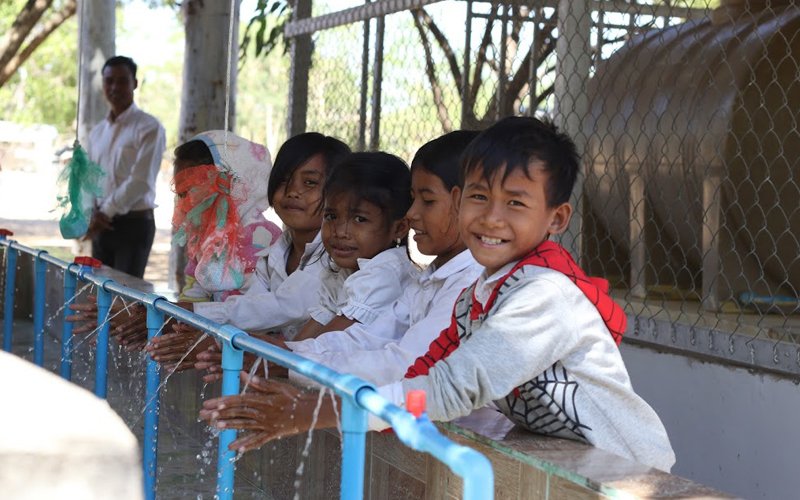PETALING JAYA: The frustration and anger felt by many at the multiple water disruptions in the Klang Valley recently is a clear indication of how much the convenience of clean, running water from our taps has largely been taken for granted.
In reality though, this is a rather “privileged” reaction when seen from the perspective of the underprivileged folk in the country and around the world who struggle through their daily lives without the guarantee of even a single drop of water.
This is a fact that Freda Liu, a Malaysian activist and news personality wishes to bring to light to more Malaysians.
Having been a World Vision Malaysia advocate since 2019, Liu has made it her mission to raise the triple issues of water, sanitation and hygiene, also known as WASH, among marginalised communities.
With Covid-19 still raging on, water and basic hygiene have become ever more important in the fight against the pandemic.
Speaking to FMT, Liu explained that the pandemic is putting the spotlight on the importance of water, with the current need to wash one’s hands frequently.
Here in Malaysia, she said, people simply turn on the tap or pull the flush without a second thought. But there are societies where access to water is next to non-existent.
“It’s hard to be productive or to progress when the lack of basic necessities such as water and sanitation facilities preoccupy your mind and energy all day,” she said.
Malaysians, she said, take their blessings of clean water for granted, but many indigenous groups in the country still lack proper sanitation facilities.
The Covid-19 pandemic has also complicated matters, as one of the most effective ways to curb its spread is to wash one’s hands frequently.
Without access to clean water, she said, there is an increased risk of contracting the virus.
According to her, there are communities so entrenched in poverty, that they have to walk an average of 6km to their nearest water source.
These water sources are sometimes contaminated as they have to be shared with animals.
Worse still, women and girls are often made responsible to draw water, which keeps them out of school and leaves them vulnerable to other risks including sexual and physical abuse.
Hence, the need for advocacy is always pressing, said Liu, and it is important that the issue is talked about on social media and in regular conversations.
The government’s role in this regard is vital, and as such, World Vision collaborates with local authorities and other stakeholders to conduct its water and sanitation development programmes.
But any meaningful change must come not only from the top, but also from below.
Members for the public can still play their role by advocating for access to clean water for all.
“You can also support World Vision Malaysia’s Gifts of Hope campaign which provides the opportunity to give a thoughtful and practical gift that will make a difference in the lives of vulnerable children, families and communities,” said Liu.
Among these gifts are the setting up of hand-washing stations and toilets, but Liu iterates that education is just as important as these pieces of hardware.
This is why sanitation and hygiene workshops are required to educate underprivileged communities on how to maintain personal hygiene, she said.
When asked what she hopes for most, she said simply, “That every child has access to basic necessities and are given the opportunity to have an education.
“We should make their path to that opportunity as smooth as possible.”
Everyone has a role to play, she said, with the tools they have available.
That is, in fact, how World Vision works; by educating community leaders who will go on to spread the message to their respective communities.

